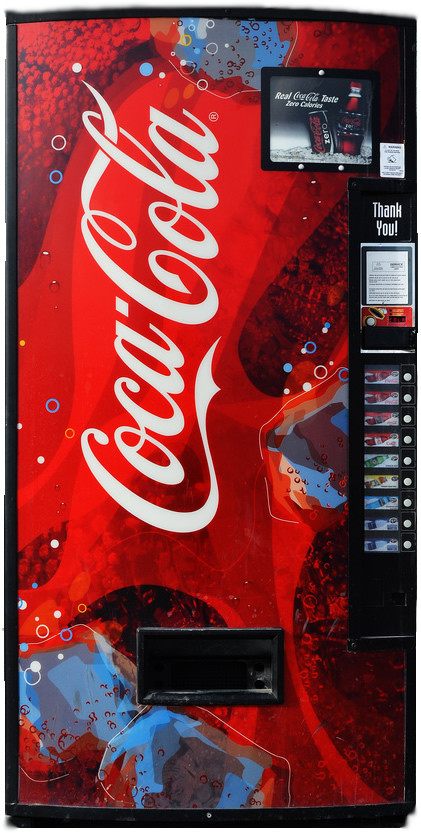


Porwal, U., Mukund, S.: Credit card fraud detection in e-commerce: an outlier detection approach. Papadimitriou, O.: How credit card transaction processing works: steps, fees & participants. Aite Group, June 2014ĭeshe, W., Chen, B., Chen, J.: Credit card fraud detection strategies with consumer incentives (2018) 4 (2016)Ĭonroy, J.: Card not present (CNP) fraud in a post-EMV environment. In: Workshop on Distributed Cryptocurrencies and Consensus Ledgers, vol. IEEE (2017)Ĭachin, C., et al.: Architecture of the hyperledger blockchain fabric. In: 2017 International Conference on Computing Networking and Informatics (ICCNI), pp. IEEE (2019)Īwoyemi, J.O., Adetunmbi, A.O., Oluwadare, S.A.: Credit card fraud detection using machine learning techniques: a comparative analysis. In: 2019 Global Conference for Advancement in Technology (GCAT), pp. Īdepoju, O., Wosowei, J., Jaiman, H., et al.: Comparative evaluation of credit card fraud detection using machine learning techniques. what every card not present merchant should know. We present system design along with potential threats and security analysis. This information is accessed by the merchant through user-friendly QR-code reading interface in order to verify that the user has the registered device. User’s mobile device signature attested by the bank is stored in a permissioned blockchain. This paper proposes adoption of blockchain as a secure platform to store the second factor security information. However, this information might be vulnerable to various attacks as some third party services are in the game. SMS messages are sent to registered phone in addition to credit card information as a second level protection. Multifactor authentication among others such as machine learning based behavioral analysis, data mining, black listing is one of the effective methods augmenting primary information checking. Accurate fraud prevention and detection is a key concern in cashless economy. Look them over for unauthorized credit applications.The widespread adoption of the e-commerce and web-based business has brought great increase in credit card utilization for online transactions which in turn resulted in sophisticated fraud attempts. Request a copy of your credit report from each of the credit reporting companies.To insure your rights, follow-up by filing a written complaint form.

Review your monthly statement as soon as it comes and report any problems right away.These bogus e-mails are the #1 fraud right now on the Internet. Never respond to an e-mail asking for your number, no matter how official or legitimate it looks.It’s OK if you initiate the call but if you get a call at home from anyone that you do not know by name do not give them your credit card number. 'CSC' or 'Card Security Code' - Debit Card. 'CVC2' or 'Card Validation Code' - MasterCard. 'CID' or 'Card Identification Number' - Discover. The codes have different names: 'CID' or 'Unique Card Code' - American Express. Never give your number over the phone to someone that you do not know. The CVV number is an three or four digits code: Example code: 0 Here is a CVV number generator.Shred all documents that might include your credit card number before disposing of them – old slips, credit card statements, bills, anything.You’ll need that receipt later anyway to tally things up when your statement arrives. Always make sure you get your credit card receipt because it just may include your credit card number.Don’t carry credit cards you don’t use and never leave them unattended in a purse, briefcase or wallet.The police said they are taking several of these reports daily! They also urged us to tell everybody we know that this scam is happening. I hung up! We filed a police report, as instructed by VISA. What makes this more remarkable is that on Thursday, I got a call from a “Jason Richardson of MasterCard” with a word-for-word repeat of the VISA scam. However, by the time you get your statement you’ll see charges for purchases you didn’t make, and by then it’s almost to late and/or more difficult to actually file a fraud report. The real VISA told us that they will never ask for anything on the card as they already know the information since they issued the card! If you give the scammers your 3 Digit PIN Number, you think you’re receiving a credit. Instead, tell them you’ll call VISA or Master Card directly for verification of their conversation. What the scammers want is the 3 digit PIN number on the back of the card.


 0 kommentar(er)
0 kommentar(er)
